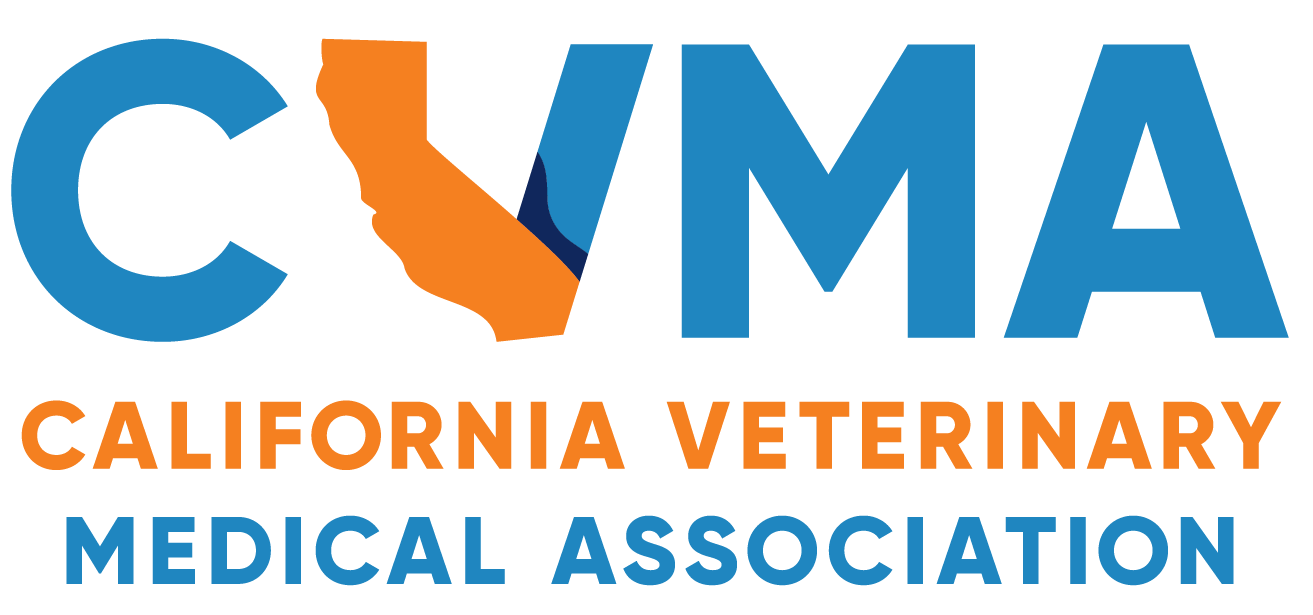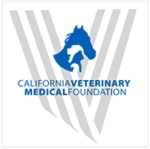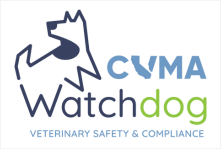This article was originally printed in the September/October 2024 issue of the California Veterinarian magazine.
 California veterinarians and practice managers frequently inquire about controlled substance (scheduled drug) rules and Drug Enforcement Administration (DEA) laws. Here are five of the most common questions from the veterinary profession on controlled substance regulatory requirements.
California veterinarians and practice managers frequently inquire about controlled substance (scheduled drug) rules and Drug Enforcement Administration (DEA) laws. Here are five of the most common questions from the veterinary profession on controlled substance regulatory requirements.
Does every veterinarian in California need to have their own DEA registration number?
With very few exceptions, all veterinarians who provide veterinary services to the public are required to have their own DEA registration number. While DEA regulations permit a veterinarian to administer and dispense a controlled substance using another registrant’s number, they do not permit prescribing using another registrant’s number. Dispensing is distinct from prescribing in that when one dispenses a medication, they are doing so by taking it out of hospital stock and sending it home with the client. When a veterinarian prescribes a medication, they are creating a legal written order on a prescription pad. The law does not permit them to do so using another person’s DEA number.
California law requires that, upon request, a veterinarian must provide a written prescription to the client that they may have filled at a pharmacy of their choice. Another veterinarian may not write that prescription because it must be issued by the veterinarian who has established the Veterinarian-Client-Patient Relationship (VCPR) for the condition being treated with the prescribed controlled substance.
Are veterinarians required to complete an opioid substance abuse training course in order to obtain or renew their DEA registration?
No. While the DEA did institute a requirement for prescribers to complete patient opioid treatment and management training in 2023, veterinarians are specifically exempted from the requirement. When applying online for a DEA registration for the first time, or when renewing a registration, veterinarians are instructed to check the box acknowledging the training requirement, and the DEA will process the registration without penalty.
Can a controlled substance be transferred between DEA registrants?
Yes. Controlled substances may be transferred via the use of DEA Form 222 or an invoice form that records the same information as Form 222. However, the DEA limits annual transfers to 5% of the controlled substance stock in the possession of the DEA registrant who is transferring the drugs.
How do I dispose of unwanted controlled substances?
Unwanted (excess, expired, contaminated, discarded) controlled substances should be disposed of through a reverse distribution company. Reverse distributors are DEA registrants that document and destroy discarded controlled substances. Reverse distributors can either pick up the medications or receive them by mail or private parcel service.
The CVMA offers a member benefit for discounted mail-back controlled substance reverse distribution through National Pharmaceutical Returns (NPR). To learn more about this member benefit, visit cvma.net and visit the Member Benefits section under the Membership tab.
Are veterinarians required to have a separate DEA registration for each work location?
DEA regulations require registrants to have a separate registration number for each location that controlled substances are shipped to, stored at, and dispensed from. So, if a registrant works at multiple veterinary practices that utilize their DEA registration number to order controlled substances, each registration number must be specific to the physical address of the registered veterinary premises. Therefore, a single DEA registrant may have several registration numbers depending on the number of premises where controlled substances are kept and utilized. For mobile veterinary practitioners, a single DEA registration number may be linked to the address of the registered veterinary premises (base location for the mobile practice), and the veterinarian is permitted to carry controlled substances while working in the field pursuant to the Veterinary Medicine Mobility Act.
This article is for informational and general educational purposes only. It is not intended to take the place of legal advice, nor should it be considered as a legal interpretation. Although significant effort has been made to ensure the accuracy and completeness of the information at the time of publication, the CVMA shall not be responsible for any errors or omissions, or any agency’s interpretation, application, or enforcement of the information presented herein.







 California veterinarians and practice managers frequently inquire about controlled substance (scheduled drug) rules and Drug Enforcement Administration (DEA) laws. Here are five of the most common questions from the veterinary profession on controlled substance regulatory requirements.
California veterinarians and practice managers frequently inquire about controlled substance (scheduled drug) rules and Drug Enforcement Administration (DEA) laws. Here are five of the most common questions from the veterinary profession on controlled substance regulatory requirements.